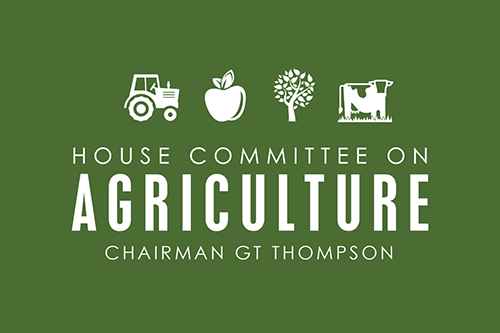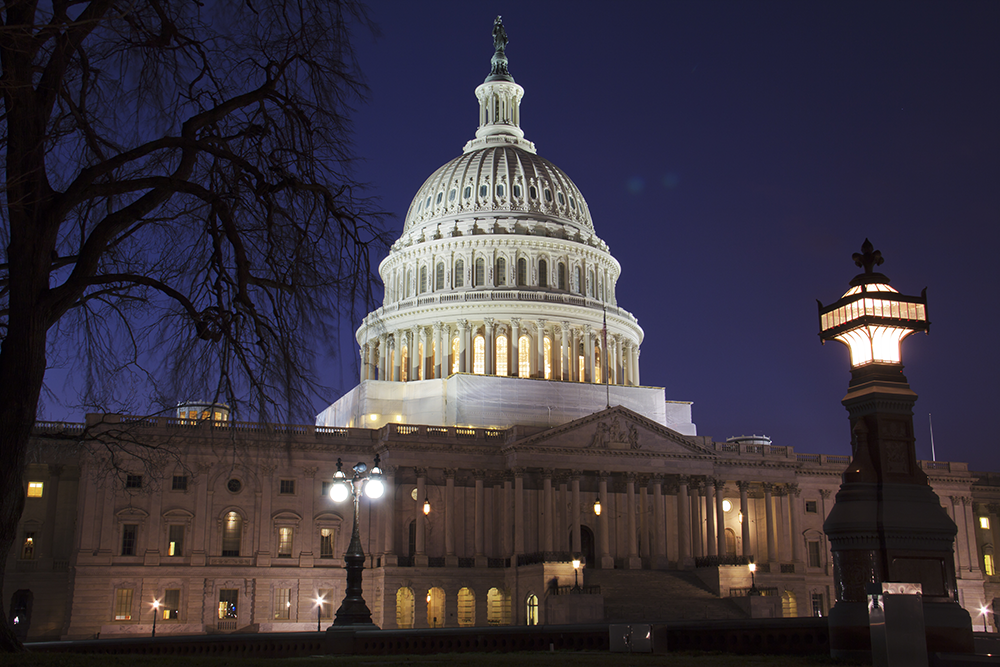
During the hearing, there was bipartisan focus on continued support for U.S. international assistance through programs including McGovern-Dole Food for Education, Food for Peace and Food for Progress. In partnership with the federal government, international assistance programs have a longstanding history of supporting cooperative development and increased trade opportunities for U.S. farmers and businesses.
During the hearing, committee members highlighted the benefit of international assistance programs as a core part of U.S. government activities.
“Food for Peace was a program that I’ve long supported and it supported American agriculture and helped feed millions of people around the world,” Rep. Tracey Mann (R-KS) said. “We’re shipping commodities grown here in bags that say ‘a free gift from the American people.’ It’s good for our farmers. It’s good for our shippers. Good for the mouths that receive it.”
Rep. Rick Crawford (R-AR) discussed how producers access markets through programs like McGovern-Dole and Food for Progress while supporting commodities like rice, wheat, corn and soy. Rep. Crawford’s remarks were focused on the future of these programs. “I was pleased to see McGovern-Dole applications open up a few weeks ago for the 2025 funding. Do you have any timeline when we might see Food for Progress?” he asked.
Reps. Jim McGovern (D-MA) and Jim Costa (D-CA), both longtime advocates for global food security programs and supporters of cooperative businesses, highlighted the need for U.S. international food assistance programs and the impact if funding or programs are discontinued.
Around the globe, cooperatives have a demonstrated track record in helping small agricultural producers gain access to markets. Cooperatives also connect producers to information about food prices and market trends, high-quality inputs (equipment, seeds and fertilizer) and the loans to purchase them, and other infrastructure including transportation and storage.
Through joint public-private partnerships in programs like Food for Progress, McGovern-Dole Food for Education and Food for Peace, American farmers, mariners, port workers, private voluntary organizations (PVOs) and the U.S. government have developed the strongest frontline response to urgent global food insecurity. U.S. international food aid programs are among the world’s most critical humanitarian assistance programs that strengthen U.S. diplomacy efforts, and cooperatives are fundamental to locally-rooted, community-driven approaches to U.S. development policy.


